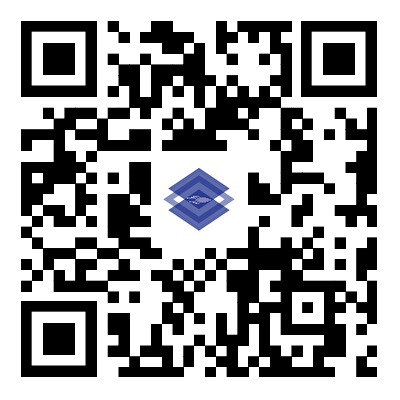- English
- Español
- Português
- русский
- Français
- 日本語
- Deutsch
- tiếng Việt
- Italiano
- Nederlands
- ภาษาไทย
- Polski
- 한국어
- Svenska
- magyar
- Malay
- বাংলা ভাষার
- Dansk
- Suomi
- हिन्दी
- Pilipino
- Türkçe
- Gaeilge
- العربية
- Indonesia
- Norsk
- تمل
- český
- ελληνικά
- український
- Javanese
- فارسی
- தமிழ்
- తెలుగు
- नेपाली
- Burmese
- български
- ລາວ
- Latine
- Қазақша
- Euskal
- Azərbaycan
- Slovenský jazyk
- Македонски
- Lietuvos
- Eesti Keel
- Română
- Slovenski
- मराठी
- Srpski језик
Future trends: AI and automation technology in PCBA processing
The field of PCBA processing is experiencing rapid technological progress, in which AI (artificial intelligence) and automation technology will play a key role in the future. The following are the future trends of AI and automation technology in PCBA processing:

1. Application of AI in PCBA quality control:
Visual inspection and defect identification: AI algorithms can be used to monitor visual information in real-time during the PCBA assembly process to detect and identify issues such as component placement errors, welding defects, and missing components. This helps improve product quality and reduce scrap rates.
Anomaly detection: AI can analyze sensor data, monitor equipment performance, detect anomalies, and take steps in advance to prevent production failures.
2. Automated PCBA production line:
Automated assembly: The automated assembly system will greatly reduce manual operations and achieve high-efficiency PCBA assembly through automatic placement machines, welding robots and automated testing equipment.
Smart warehousing and supply chain management: AI and automation technologies can optimize the warehousing and supply chain management of parts and components, ensuring that the required components are supplied at the right time and place.
Production line collaboration: Automated production lines can be connected through the Industrial Internet of Things (IIoT) to achieve real-time data sharing and production line collaboration, improving production efficiency and flexibility.
3. Data analysis and predictive maintenance:
Big data analysis: AI can be used to analyze large-scale data to understand patterns and trends in the production process to help manufacturers make more informed decisions.
Predictive maintenance: AI can predict equipment failures by monitoring equipment status and performance, enabling more effective maintenance plans and reducing maintenance costs and production interruptions.
4. Adaptive manufacturing:
Adaptive control system: AI can be used to adjust production parameters to adapt to different product specifications and changing production needs, improving manufacturing flexibility.
Customized production: AI technology helps realize mass customized production and produce personalized PCBA products according to customer needs.
5. Human-machine collaboration:
Collaborative robots (Cobots): Collaborative robots can work alongside human workers to perform some repetitive and dangerous tasks, improve productivity and provide a safer working environment.
In short, AI and automation technologies in PCBA processing will become key trends in the future, and they will drive increased production efficiency, improved quality, and enhanced manufacturing flexibility. Manufacturers need to proactively adopt these technologies to remain competitive and meet changing market demands. At the same time, data security and privacy issues also need to be paid attention to to ensure the compliance and security of these new technologies.
Send Inquiry
-
Delivery Service






-
Payment Options









